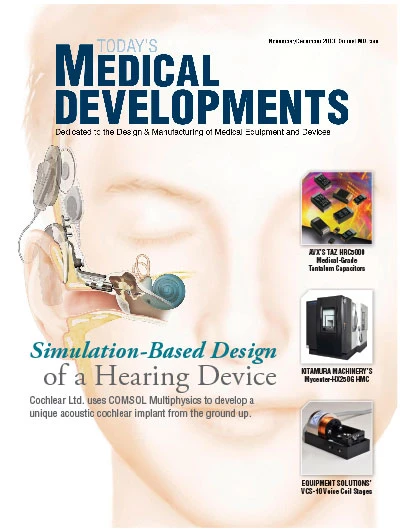 Elizabeth Engler Modic Elizabeth Engler ModicEditor |
OEMs need skilled workers – machine operators, design engineers, mechanical engineers – and the need is deep. Machine tool builders need skilled workers –fabricators, welders, quality control technicians, assemblers – you name it, and it’s needed. Contract manufacturers need skilled workers – design engineers, machinists, assemblers – and this list, too, could go on. So, what are you doing to help the industry? Adecco Staffing U.S. recently conducted a telephone survey of 500 top executives. Nearly 92% said there’s a job skills gap – ranging from lack of technical and computer-based technology skills to lacking leadership skills. Beyond those results, other comments heard throughout the industry note that those with the skills training aren’t employable because of their inability to pass background checks or substance screenings. So what can be done to help the industry? Steps are already being taken to help the job skills gap, but more is possible. The Obama administration has awarded $20.5 million in “Make it in America Challenge” grants, which will fund training, domestic and foreign business investment, and supply chain access. The programs receiving awards are designed to encourage U.S. companies to keep, expand, or reshore their manufacturing operations and jobs in America, and to entice foreign companies to build facilities and make their products here. As U.S. Secretary of Labor Thomas E. Perez says, “In an increasingly sophisticated economy, equipping workers with the skills they need to succeed on the job isn’t just a workforce development issue, but also an economic development issue, and these partnerships are helping to lead the way.” Machine tool builders and distributors are also taking action. For example, on a recent visit to Mazak, executives explained how they are working with Gateway Community College to develop a workforce pipeline. Then, while visiting Absolute Machine Tools, executives talked about their collaboration with a local vocational technical school. Through these partnerships, machine tools, software, and more are all being donated so that students learn on the technology that is in the workplace today – and not outdated, manual equipment. The U.S. never fully embraced the idea of apprenticeships as European counterparts did, and it has really come back to haunt the industry. Still, there are regional groups across the United States that are working to change this as well. Just as one example, Cleveland, Ohio-based MAGNET, The Manufacturing Advocacy & Growth Network, works on a regional basis to help develop a skilled and flexible workforce in order to help assure growth and success within this region. Don’t forget, it takes more than a few participants. This requires full commitment to invest in job retraining in order to fill the job skills gap – and keep it filled – as well as to grow and expand U.S. manufacturing. This means sponsoring, starting, and supporting apprenticeship programs; promoting STEM programs from a young age; and developing partnerships between companies and middle schools, high schools, vocational schools, and community colleges. So again I ask, “What are you doing to help the industry?” Send me an email at emodic@gie.net. I’d love to hear your story. – Elizabeth
|

Explore the November December 2013 Issue
Check out more from this issue and find your next story to read.
Latest from Today's Medical Developments
- Pioneering battery-free cardiac implants
- KBC Tools & Machinery marks its 60th anniversary, Founder’s Day
- Address the challenges of machining high-temperature aerospace components
- Elevate your manufacturing operations with April’s Manufacturing Lunch + Learn
- AdvaMed statement on tariff announcement
- Collets – Not all are created equal
- ENGEL expands production capacities in the Americas; new plant opened in Mexico
- MFI brings fast, high-polishing additive parts finishing to Rapid + TCT 2025







